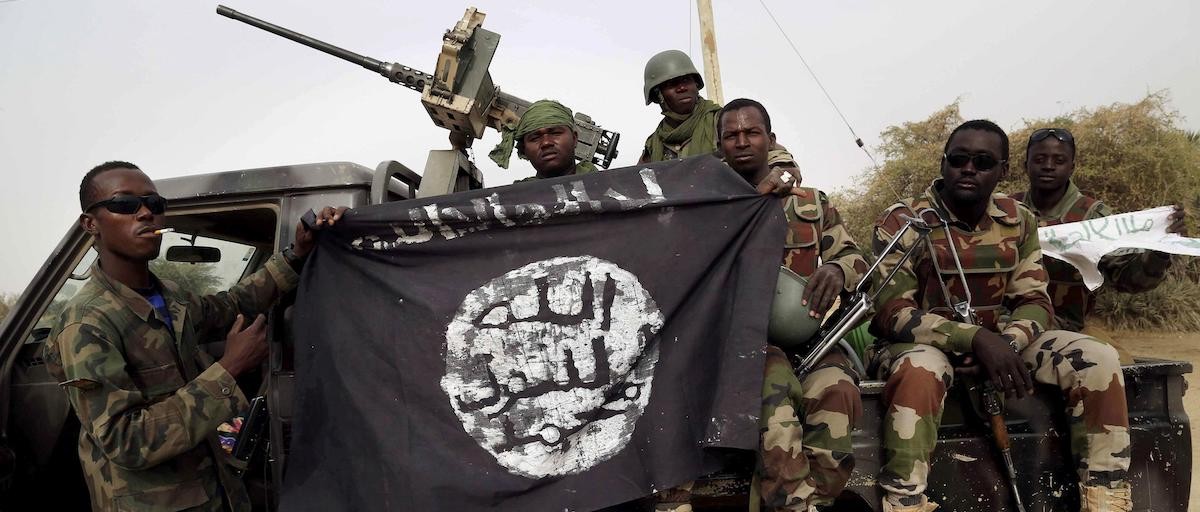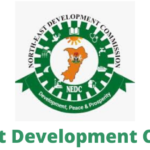The concomitant effect of every form of violent conflict since time immemorial is the huge humanitarian crisis, which rampages across the entity affected by the conflict in the hurricane fashion, ruining all sectors of its economy.
The now 12-year Boko Haram/ISWAP insurgency and terrorism in the North-East geopolitical zone has created a massive global-scale humanitarian crisis, most devastatingly in the contiguous states of Borno and Yobe, which bear the brunt of the crisis.
- NIGERIA DAILY: All you need to know about the eNaira.
- Anambra election: Police mobilise heavily to crush IPOB’s threat
The twin states have, over the years, been anguishing and languishing under the massive ruination of their economies to the point of pathetic inconsequence, caused by the insurgency and terrorism.
Most appalling of the economic ruination is the virtual extermination of the employment of the teeming population of the youth and women, who constitute the most critical component of society.
With the insurgency and terrorism gradually subsiding, the two states stand face-to-face with the crucial imperative of designing durable intervention projects and programmes that would facilitate and expedite the reconstruction of their economies to guarantee post-insurgency/terrorism prosperity.
Borno State established its intervention Ministry of Reconstruction, Rehabilitation and Resettlement to do this work.
Its sister-Yobe State has now established its own intervention Ministry of Wealth Creation, Empowerment and Employment Generation, ostensibly to properly enlist its teeming population of youth and other employable components of its population in its rapid and sustainable, economic production and reconstruction programmes.
Most pertinent and assuring to the establishment of this ministry is the appointment of Alhaji Abdullahi Bego to pioneer its operation and properly position it on the path of successful discharge of its statutory mandate and responsibilities.
Bego himself reports in his Facebook page that with the establishment of the brand new ministry, Governor Mai Mala Buni “The government becomes a catalyst for generating the jobs that people need to support their lives. He wants to ensure that the government can provide the support systems necessary for addressing poverty and unemployment and generating the conditions that could help forge a wealthy, healthier society.”
This critical intervention requires an exceptionally resourceful and committed public officer to pioneer it and root it deeply and purposefully, in the government’s efforts at rebuilding a prosperous society.
Governor Buni carefully scanned the state’s list of public officers and found Abdullahi Bego possessing the potency and promise to help him achieve these objectives.
Bego’s appointment as the pioneer Commissioner of Wealth Creation, Empowerment and Employment Generation was apparently advised by his possession of invaluable experience and commitment to the affairs of Yobe as public officer and chief image-maker of the state right from the onset of the current Fourth Republic.
The veteran image-maker is the only journalist in the state to serve three different governors, back to back, as a press secretary or special adviser on media.
Governor Abdullahi Gaidam found him worthy and appointed him as director-general, press affairs advanced to the position of special adviser, media and publicity and attaining his state public service peak as commissioner for information, home affairs and culture, the capacity he occupied until his recent appointment.
His immense knowledge and experience in the management of the affairs of Yobe State from the pre-insurgency and through the turbulent insurgency years might have stood him out and spotlighted him as a veritable problem solver with regard to the pathetic situation of his beleaguered state.
Who the cap fits, so says legendary Reggae King, Bob Marley, let them wear it.
Governor Mai Mala Buni found the wealth creation empowerment and employment generation commissioner cap fitting Abdullahi Bego.
He gave it to him to wear.
S. Sani Hussaini wrote from Damaturu

 Join Daily Trust WhatsApp Community For Quick Access To News and Happenings Around You.
Join Daily Trust WhatsApp Community For Quick Access To News and Happenings Around You.


